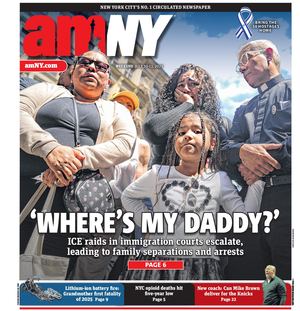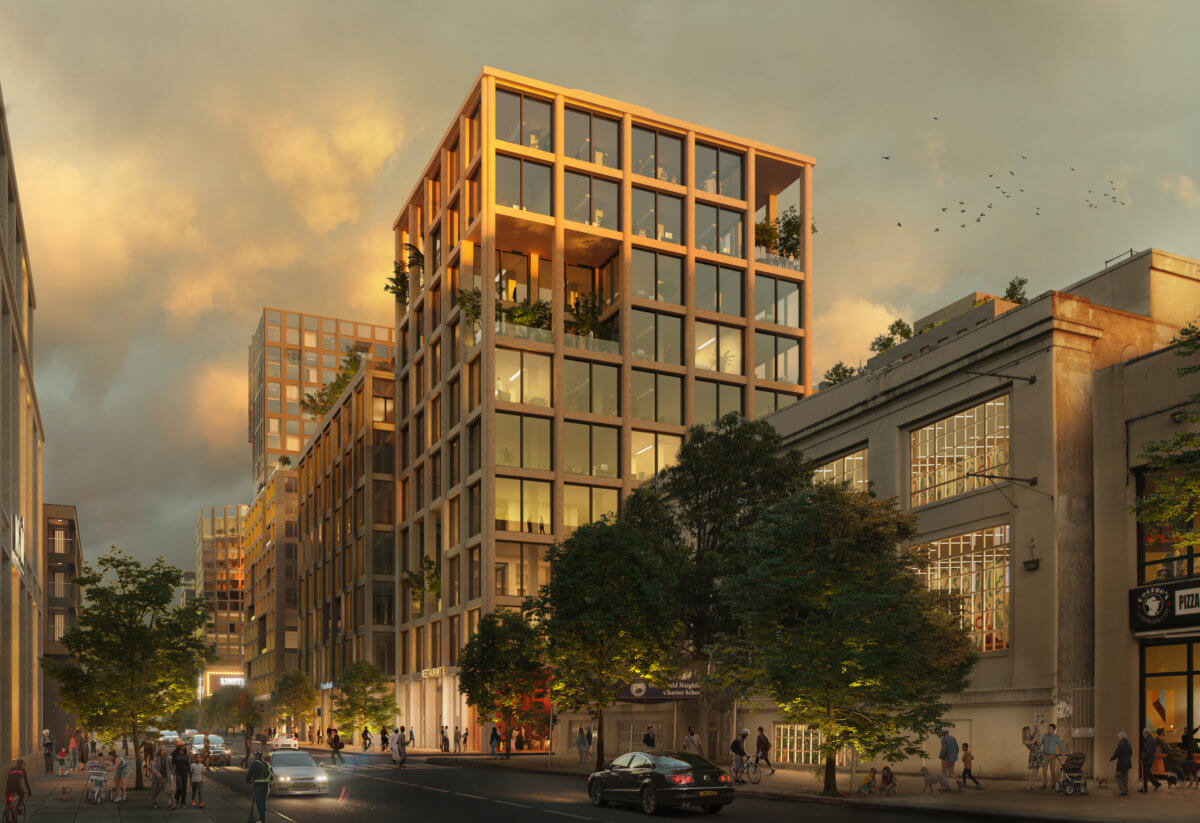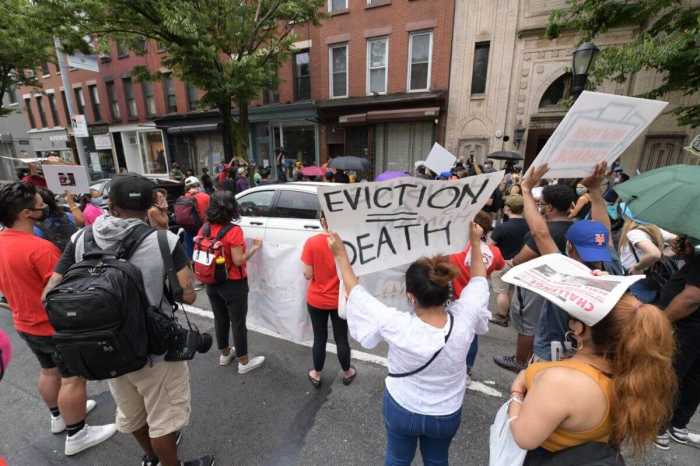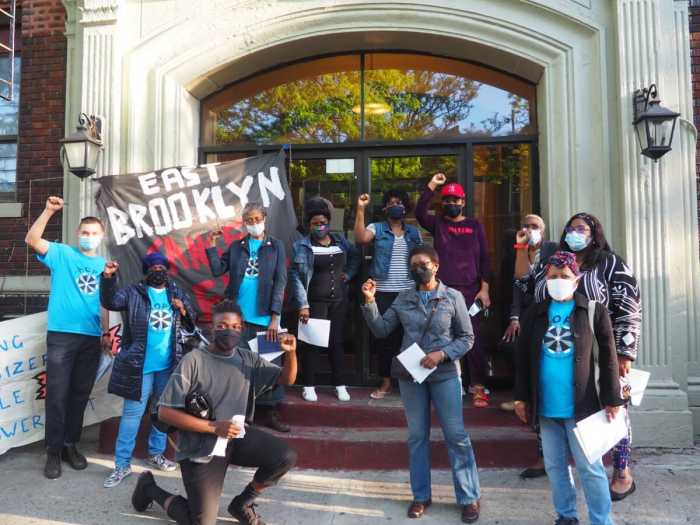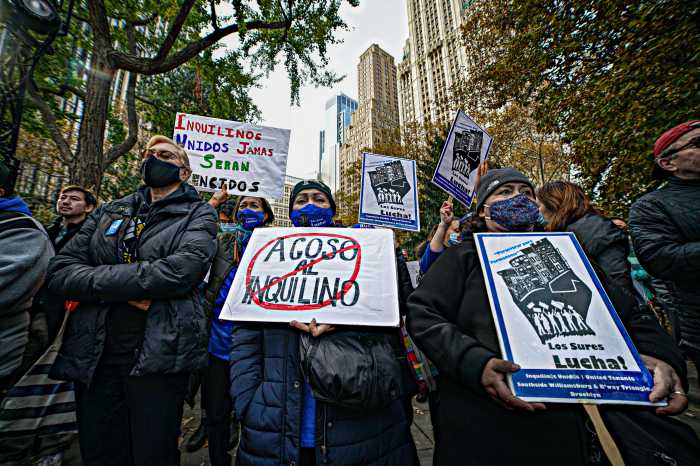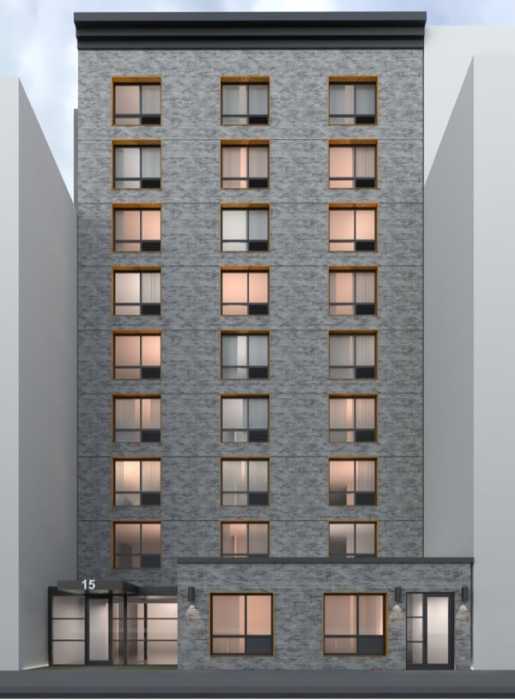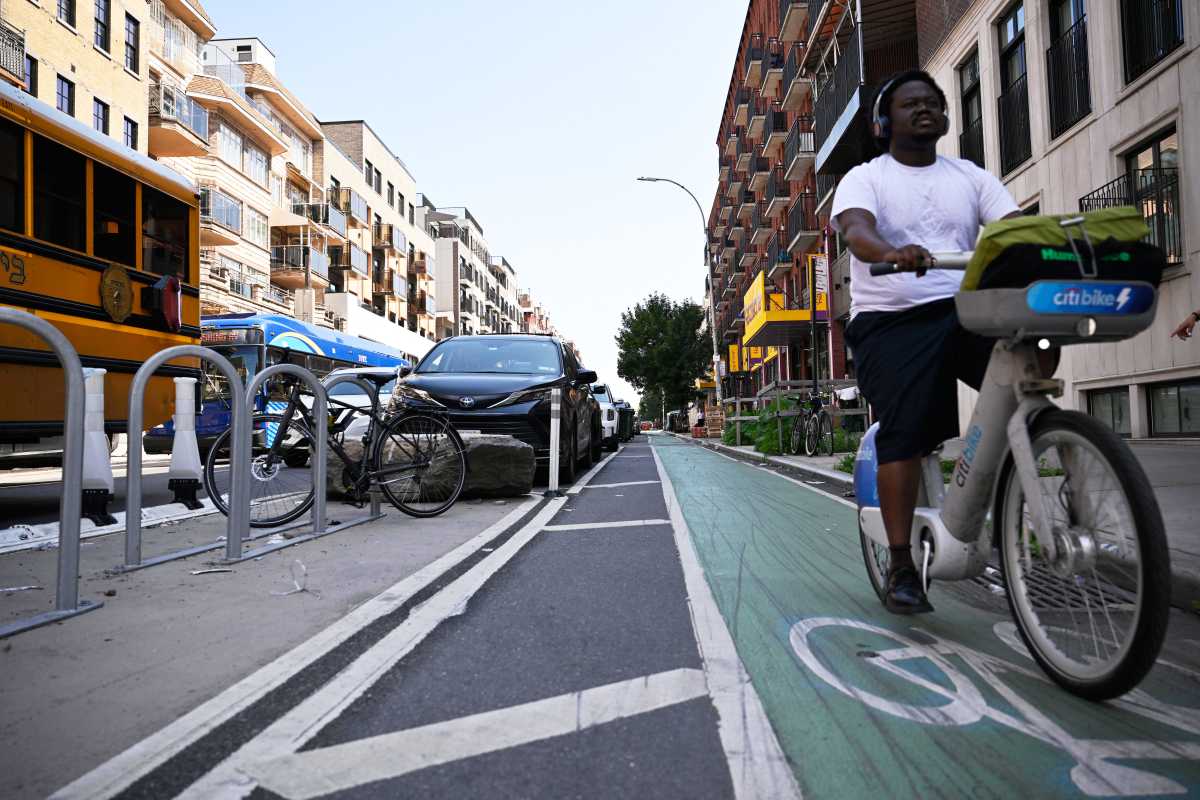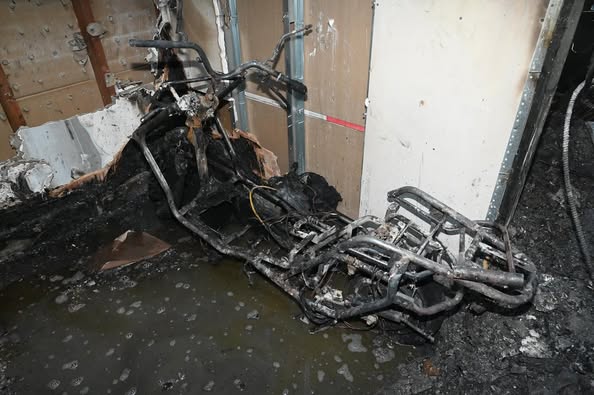This week, Innovation QNS, a proposed rezoning that would add 2,800 new homes to an underutilized corner of Astoria, Queens comes before the City Council. A remarkable 1,100 of these homes would be permanently affordable- an unprecedented 40% of the total- including 500 deeply affordable homes for New Yorkers earning $28,000 a year or families of four earning $40,000. It is vital the City Council say ‘Yes’ to Innovation QNS.
This is a watershed moment for New York City. As we emerge from the pandemic of the last three years, we find ourselves confronting historic challenges on several fronts, from our still struggling economy to our aging infrastructure to a growing migrant crisis. But no challenge more deeply permeates the fabric of our society than housing.
We can’t begin to say we’re addressing the problem until we have a path to creating hundreds of thousands of units of housing. By 2030, we’ll need half a million. Yet fewer than 80,000 new homes are currently in the development pipeline.
This housing problem has a ripple effect. Housing insecurity strains our neighbors’ jobs, education, health – even their relationships. The vitality of our city literally depends on our ability to house our neighbors. So we need to do everything we can to address this crisis.
There is no magic bullet, no broad “Marshall Plan” that exists for solving the housing crisis in New York. Government would be foolish to believe that substantial change can be implemented without including the private sector. The simple fact is that there is no way out of this crisis without building more homes.
The resources and funding for government to go at this alone are just not here. If we continue to see the private sector as merely self-interested we will make it even less likely that developers and investors will risk the time, work, and capitol required to navigate the public review process when a vote of “no” is seen as a foregone conclusion.
This is not the moment for cognitive dissonance and frankly, there is just too much to lose.
Over the last 8 years, 102 deeply affordable homes have been created in Queens Community District 1, which Astoria is a part of. Innovation Queens will quintuple that number. It is difficult therefore to believe that making homes available to 500+ low income families where there currently are no homes would do anything other provide needed housing in a district that has not prioritized it for over a decade.
The cost of saying ‘No’ will be far worse than simply losing out on the homes Innovation QNS would create. It will send a clear message to others who might also be part of the solution that their help is not welcome.
Saying “No” means saying no to the creation of good-paying jobs that offer working New Yorkers a path to the middle class and allow them to sustain families right here in the city. Saying ‘No’ to Innovation QNS means saying ‘Yes’ to a decade or more of minimal opportunity and simply nibbling on the edges. Saying ‘No’ means accepting that surface parking lots and underutilized or vacant buildings is preferable to vibrant green open space and streetscapes. Saying ‘No’ means that businesses along Steinway Street, a major commercial thoroughfare already marked by troublingly high vacancy rates, will not welcome an influx of new potential customers and entrepreneurs. Saying ‘No’ means ignoring the voices that have coalesced behind this project as it has evolved over four years of community engagement- including Mayor Adams, Queens Borough President Donovan Richards, leaders in public housing and local residents. And saying “No” means that the community partners of Innovation QNS, established community-based organizations and nonprofit social service providers that already serve thousands in the neighborhood like HANAC, Jacob Riis Neighborhood Settlement, Museum of the Moving Image and The Floating Hospital should not be able to expand access and services to those that are in need simply based on geographic limitations.
The futility will be maddening- there is no pipeline of housing waiting in the wings, no alternative source of new jobs in this magnitude, no new options for young families that were raised in the neighborhood, nor for seniors that helped build Astoria to ensure they can remain. Saying “No” means eschewing what we know is a positive and vital component in addressing real problems facing the city. That’s why the only option is to say “Yes!” to Innovation QNS.
Kyle Bragg is President of 32BJ SEIU.
